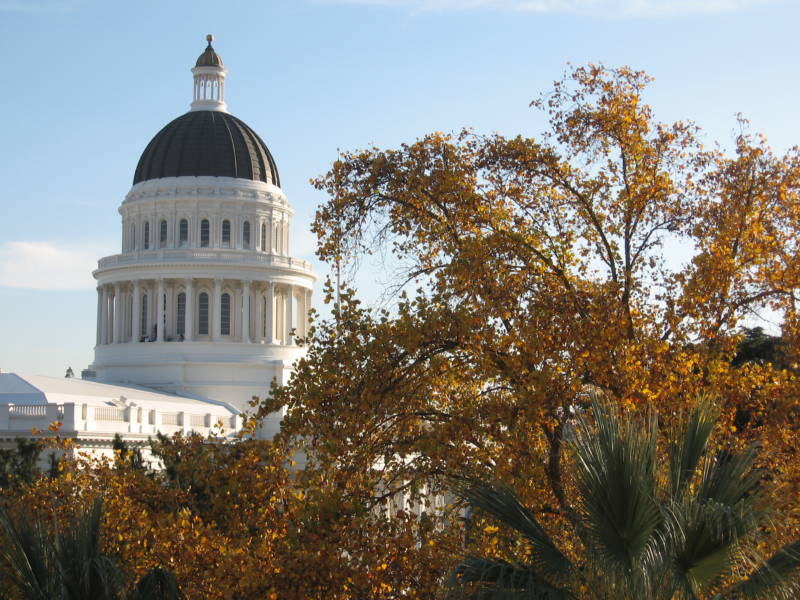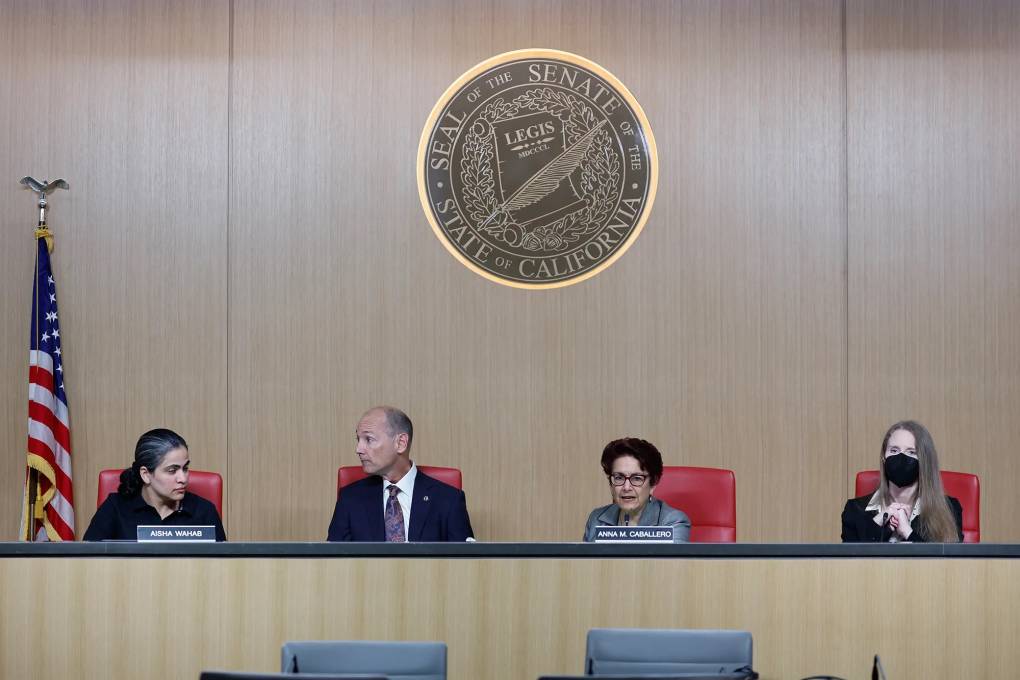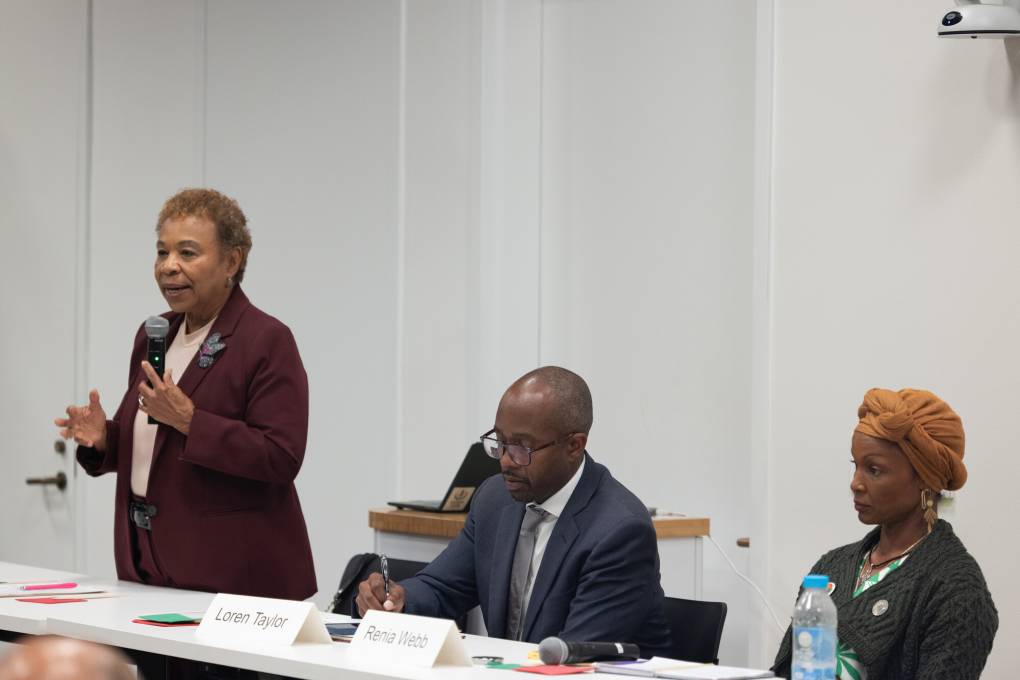Back in January, everything looked on track for California financially. The state was even looking at a $6 billion surplus and had accumulated a healthy “rainy day fund” of $18 billion.
That’s all changed since the coronavirus swept around the world and decimated the economy. The state of California is now looking at a projected $54 billion deficit.
The virus hasn’t just upended the economy, it has disrupted the state’s entire budget cycle. Normally, the governor must present the initial balanced budget proposal to the Legislature by Jan. 10. After that, the Senate and Assembly Budget Committees get an overview of the governor’s proposal. All of that happened as planned this year.
In the spring, between March and May, the various budget subcommittees start conducting deep dives into specific departments and agencies with the goal of sending suggested changes to the full budget committees. Those subcommittee hearings had just gotten underway when the Legislature suddenly recessed because of the coronavirus pandemic.
While the subcommittees are meeting, the governor and his team usually work on an updated budget proposal, known as the May Revise — reflecting the tax revenue California took in following the April 15 tax filing deadline. But this year, with the deadline pushed to July to help taxpayers adjust to the new economic realities, the state won’t be certain how much money it has to work with until the middle of summer.



